
I’m leaving this Friday to spend a long weekend at my family’s cabin in northern Wisconsin, and I’ve been thinking all month about the books I plan to take with me. I’m not alone — June seems to be the month where everyone starts putting together their big summer books sections, and I’ve had a lot of fun reading them.
It seems like this year there’s been an emphasis on blogs and on major book websites about the idea of “smart beach reads” or “books you don’t have to be embarrassed by” while you’re out sitting by the lake. Take, for example, this article on mind-bending science fiction that NPR posted a couple weeks ago. In the intro, the author says:
The assertion is that these disparate books offer satisfying, intellectually chewy pleasures perfect for a summer afternoon. That much, at least, is no idle speculation.
It’s like there’s a collective suggestion that we’re over the idea of vacation reads or past the habit of changing our reading habits to fit the place we’re reading it. Or, that it’s somehow become bad taste to pick up books that are more like cotton candy than carrots. Has anyone else noticed this?
I’m not sure what exactly it means. But I am really curious about the idea of how summer reading can be different from every other season reading. In May 2010 I did a feature for my local newspaper about the idea of summer reading where I argued that no matter what you like to read, summer reading choices are more about books that spark conversation than books read during other seasons. As I posited then,
For many people, summer is a time to relax and their reading plans reflect that — chick lit, John Grisham, or the latest murder mystery from a favorite author. But for others, the summer months provide time to catch-up on a classic, tackle a challenging epic or dive into a book they feel they “should” have in their literary repertoire.
What many summer reads have in common, however, is the ability to spark conversation. Summer reading is a public event — we peek over shoulders at the beach, stare at strangers on airplanes paging through paperbacks or check out the cover of neighbor’s novel at the Terrace.
Looking back, I still think that’s true. Whether your summer reads are “smart” or not, the reason we pick them carefully is because they’ll be on public display. I suppose if you’ve shifted to an e-reader that’s not the case, but I’m certainly not bringing my Nook out on the boat when I’m away this weekend.
Sometime this week I’ll have my list of reads I’m taking on vacation over the 4th of July — I have to finalize everything still — and you can judge whether they’re really smart or not 🙂

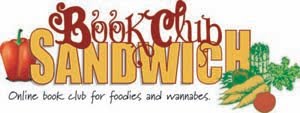
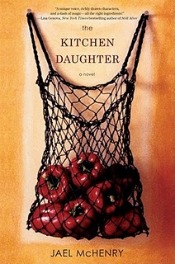 If you’re still not sure about joining BookClubSandwich for this discussion, here are a few links I hope will help whet your appetite:
If you’re still not sure about joining BookClubSandwich for this discussion, here are a few links I hope will help whet your appetite: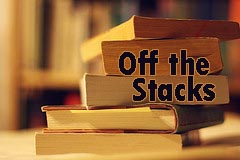
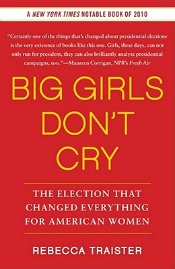 Title:
Title: 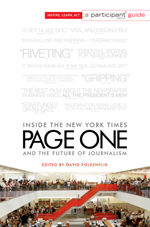
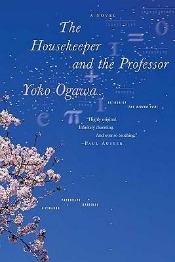 In
In 

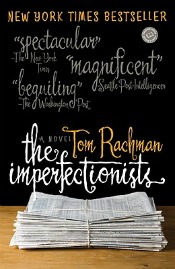 The Imperfectionists
The Imperfectionists